Some people in the country and abroad occasionally wonder if India might be identified as a Hindu-Pakistan. We, like many others, firmly believe that those fears are unwarranted and exaggerated. Because India has 75 years of democratic legacy. But seeing the distance between Rawalpindi and Chandigarh shrink, no matter how much we try to deny it, the belief does get a jolt!
We are tempted to tell a story to the readers of Sadhana today. But we’re afraid this story will not make our readers happy, it will disturb them. It might come of use to future readers. It might motivate some study and research. It is a tale of two incidents in two cities. Of course, both incidents are quite insignificant at some level but also shocking at another. So, one of the cities Chandigarh, is in India,; whereas the other city, Rawalpindi, is in Pakistan. Originally, both these metropolises were parts of a single province, the erstwhile Punjab, about three quarters of a century ago. In 1947, India was partitioned and Pakistan came into being, but the territories that were actually divided were Bengal in the east and Punjab in the west.
The largest city in the Punjab province that went to Pakistan after partition is Rawalpindi, today with a population of approximately 24 lakhs; half an hour away from the capital of Islamabad. And the part of the province of Punjab that remained in India, the largest city of which was Chandigarh, today has a population of around 12 lakhs, and is about four-five hours away from the capital New Delhi. Rawalpindi is a very important city for the Pakistan Army, and Chandigarh is the capital of both Punjab and Haryana, so it also has different kind of political significance. Rawalpindi has history of about a thousand years, whereas Chandigarh is barely a century old. Chandigarh was the first well-planned city in India. The city of Rawalpindi is intrinsically beautiful, it is a city of lakes and a city of saints. These two cities are on either side of the India-Pakistan border. They are at more or less equidistant from the border, with the distance between the two being 550 km. However, those two events that took place make that distance seem much shorter now. One happened after the other. They could be considered to be really frightful or absolutely hilarious.
So first, let’s look at the incident that happened in Chandigarh. The election of the mayor of Chandigarh city was to be held in the month of January. A total of 36 voters, i.e. 35 councillors and one MP, have to elect the mayor of Chandigarh. Of course, the number required for majority is 19 votes. BJP had 13 councillors and 1 MP and 2 from allied parties making a total of 16 votes. Aam Aadmi Party (13) and Congress (7) together had 20 votes. So, it was obvious that the Aam Aadmi Party candidate would become the mayor. The voting process for these 36 people would have taken a few minutes.
But apparently the presiding officer Anil Masih was not strong enough to spend those few minutes, he claimed to be terribly ill. He is an activist of BJP's minority alliance, but a government-appointed councillor. He postponed the January 24 election, directly to February 6, citing illness. The Aam Aadmi Party suspected foulplay and they moved the High Court. The HC gave a ruling this much delay was unacceptable, and ordered the elections to be held on January 30.
Then Anil Masih miraculously recovered and became fit as a fiddle. He came to the Municipal Corporation for the election. Ballot papers were distributed to all 36 voters. The voting took place. The ballot papers were collected by Anil Masih. Sitting in his own office, he started counting. Of course, the door was closed. Thousands of workers of all parties and 800 policemen are waiting outside. Shortly after, the results were announced: “BJP's Manoj Sonkar got 16 votes, he will become the mayor; Aam Aadmi Party's Kuldeep Kumar got 12 votes, he lost.” When asked how this miracle could happen, Masih said, “The votes of 8 councillors of Congress and AAP have been rejected.” Why were they rejected? Because they were tampered with. The eight people themselves had done it. “I am not obligated to explain how exactly they were tampered with”, said Masih. There was an uproar outside after hearing that. The Congress and AAP activists expressed their anger. The BJP activists cheered. The BJP had sent a Marathi man named Vinod Tawde as party leader to bring about that miracle. People across the country expressed their surprise, but such incidents are routine. Therefore, most of them decided to forget it, thinking that there was no point crying over something that happened every day.
But two days later there was an even bigger surprise. A video of two minutes was released on social media by the Aam Aadmi Party. It featured Anil Masih sitting alone in his office with much pride, counting all 36 votes. Eight of the ballot papers were kept aside after counting. He was seen scratching them out with a pen and the putting them back with the rest of the ballot papers. Just then he looked up and noticed that a camera was capturing him. He fumbled, and was a little scared. This video was seen all over the country, even the world. Naturally, it was filed in the Supreme Court. Fortunately, Chief Justice Chandrachud took the case himself. After seeing that video, he reacted, “This is a murder of democracy, we will not allow it”. He ordered them to present all the ballot papers before them immediately. Luckily, after a week, all those ballot papers came before the court as they were. Anil Masih was also presented before the court. The Chief Justice asked questions, Anil Masih gave the answers unabashedly. Public prosecutors continued to support him lamely.
Meanwhile, the BJP quickly penned another subplot. A day before the Supreme Court heard the case, the BJP forced the newly appointed mayor Sonkar to resign. He gave a very strong reason that he was resigning on moral grounds. At the same time a hilarious news came to the fore that three councillors of Aam Aadmi Party defected and joined the BJP. That meant the verdict from the Supreme Court would be to hold a re-election; then BJP will have a majority of 19 people - with the previous 16 and the 3 who had newly joined and once again the mayor will belong to the BJP. Wasn’t that fantastic! The government advocate proposed before the Supreme Court that the previous election should be annulled and re-election should be held. But the Supreme Court showed courage. They said that there will be no re-election. The eight ballot papers rejected by the presiding officer, Anil Masih, were ruled to be valid. And it was announced that Aam Aadmi Party's Kuldeep Kumar, who got 20 votes, would be elected as the mayor. The central leaders of the BJP, the Union Home Minister who is a man of steel, the all-powerful Prime Minister have not said a single word upon this matter. None of them even had the guts to utter a blunt sentence like “It's a mistake, it happened inadvertently, it shouldn't have happened, those who did it will be punished...” Vinod Tawde, who was felicitated for making the Chandigarh campaign a success, is now keeping mum.
The second incident is from Rawalpindi, also in the first week of February. National Assembly elections were held in Pakistan to elect the government of the country. The three major parties there, are Nawaz Sharif's Muslim League, Asif Ali Zardari's Pakistan People's Party and Imran Khan's Pakistan Tehreek-e-Insaf. But the army has been recognized as the biggest (unofficial) party in Pakistan for the last quarter of a century. Governments come at the will of the military, governments go at the will of the military, and occasionally the military itself becomes the government wilfully. At this time, the army decided that they did not want Imran to come back to power, and made Sharif the prime minister. Then all the cases against Nawaz Sharif were withdrawn, all sentences were waived and he was brought into the country. But that was not enough. Imran Khan got a sentence of 30 years and was imprisoned. His party's election symbol was removed. His party was banned. So, from the prison itself, Imran Khan asked his activists to contest elections as independent candidates. The military haunted them, they schemed and they plotted. Yet the largest number of seats elected in Pakistan went to 91 independents, namely Imran Khan's party. It was followed by 75 seats for Nawaz Sharif's party and 54 seats for Zardari's party. After the counting of votes, the results were not announced for five days. Finally, the process of forming the government started with the two parties of Sharif and Zardari coming together. And a press conference in Rawalpindi turned out to be explosive.
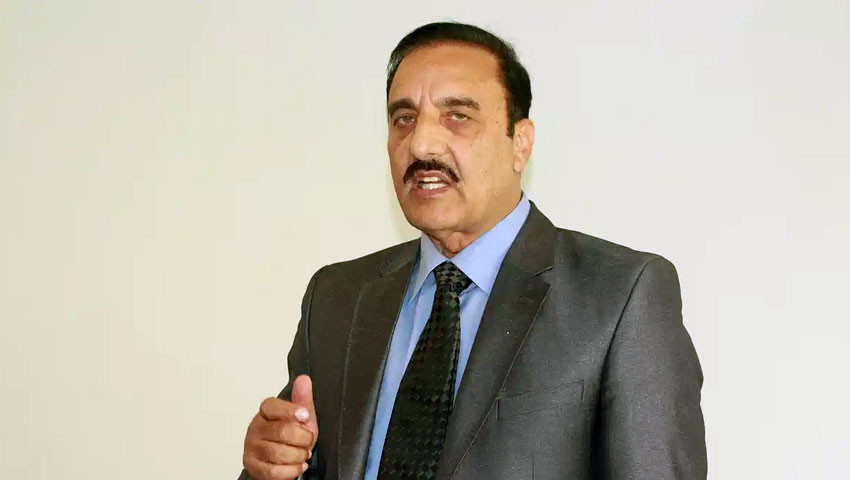 Rawalpindi Divisional Commissioner Liaquat Ali Chhatta
Rawalpindi Divisional Commissioner Liaquat Ali Chhatta
The Rawalpindi Divisional Commissioner Liaquat Ali Chhatta held that press conference and announced – “13 constituencies under my jurisdiction have been defrauded. We have changed the ballot papers. We have defeated the candidates who were to be elected by a margin of sixty to seventy thousand votes. There was pressure on me from the Election Commission and Judiciary as well. I was part of that crime. I am confessing it, and surrendering to the police. I should be hanged in the square. In 1971, Pakistan was partitioned, Bangladesh became independent. This is because the army and the rulers refused to accept the people’s verdict. I am giving this confession with the hope that such things don’t happen to my country again”. The four-minute video where he said this, reached not only everywhere in Pakistan, but India and the whole world, as well, albeit after a long delay of four or five days. There was a discussion about the video’s authenticity. Finally, it was confirmed to be real and people started appreciating the officer who showed such bravery. If the ED, CBI and similar officials or election officials in India were to make a similar confession, then how wonderful it be? We started dreaming about it. The line 'Rawalpindi ke Sant Tune Kar Diya Kamal' started echoing in our minds.
Of course, as soon as the press conference was held, Liaquat Ali was arrested and shifted to an unknown location. And four days after that, just when this issue was going into print, he made a statement – “In that press conference, I made a completely untrue statement. The election in Rawalpindi division was conducted without any fraudulent practices. I'm retiring next month, and I was stressed. I made that statement under the pressure that my honour, my reputation and my money would all be lost. I defamed the country. I apologize to Election Commission and the Court”. There is no video or audio of this statement, this statement is in writing. This statement was released by the Pakistan Army. Meanwhile, the army also stated that Imran Khan's party forced Liaquat Ali to hold that press conference by bribing him. “I succumbed to the temptation of being offered huge wealth in America after retirement,” said Liaquat Ali's new written confessional statement. Isn’t that ridiculous?
Anyway. What must one learnis the takeaway from these two incidents related to the Rawalpindi Commissioner Liaquat Ali and the presiding officer Anil Masih in Chandigarh? Any election is the lifeblood of the democratic process. Had that video not gone viral, would the Supreme Court of India have given such a verdict? And was Liaquat Ali's previous statement true or the new one? Certainly more questions that anyone cared to answer so far.
Some people in the country and abroad occasionally wonder if India might be identified as a Hindu-Pakistan. We, like many others, firmly believe that those fears are unwarranted and exaggerated. Because India has 75 years of democratic legacy. But seeing the distance between Rawalpindi and Chandigarh shrink, no matter how much we try to deny it, the belief does get a jolt!
- Editor
(Sadhana had published this article as the Editorial in the 2nd March 2024 issue in Marathi. As these events hold significance at the national level, we now present it to you in English as well - Translated by Rahee Dahake.
Inspiration for the English title of the article – the book “Dancing in Cambodia and At Large in Burma” by Amitav Ghosh.)
Tags: Indo-Pak Elections Political Sadhana-digital Fraud Load More Tags

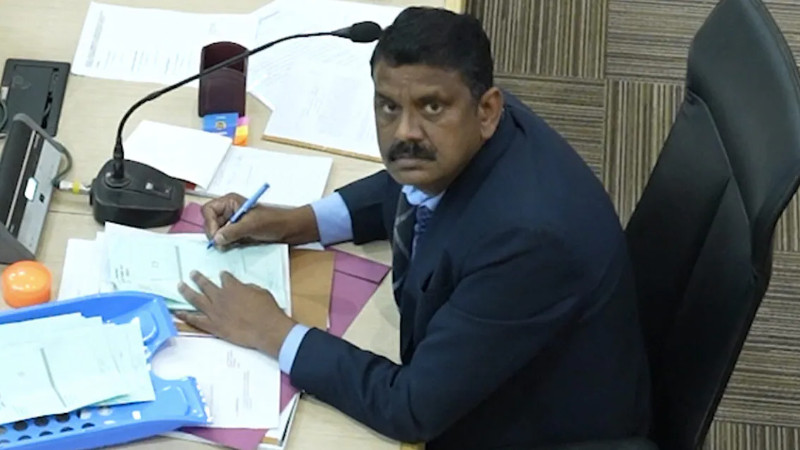

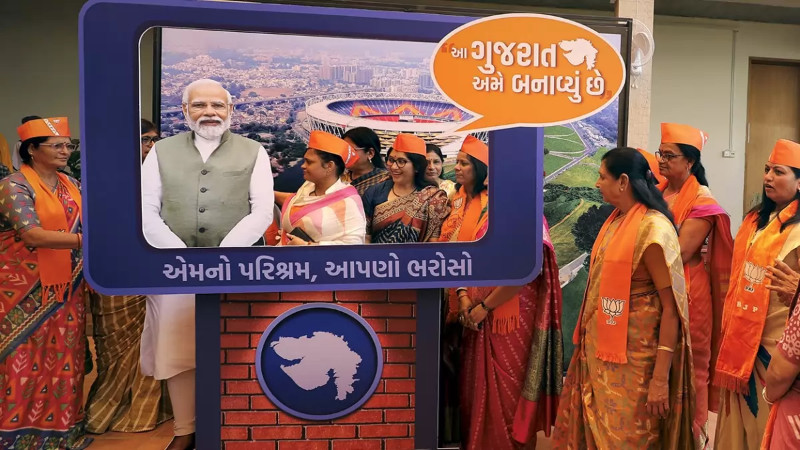
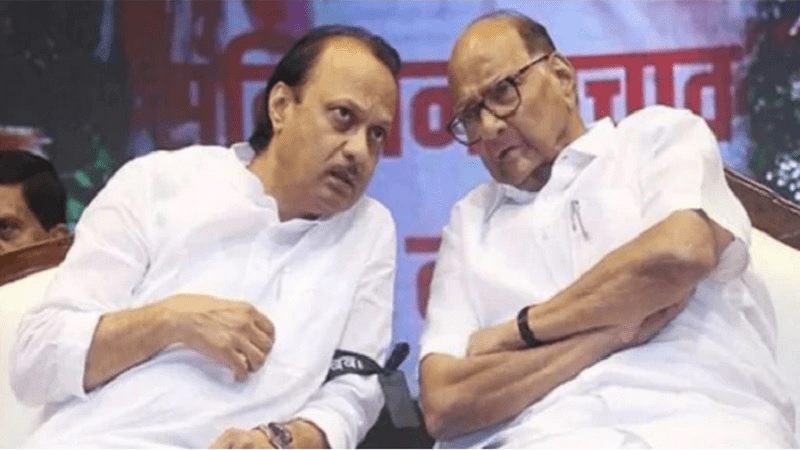

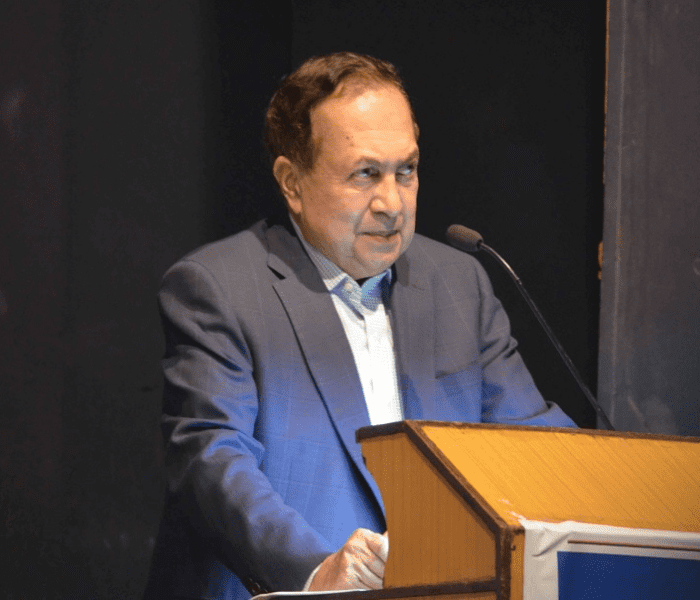
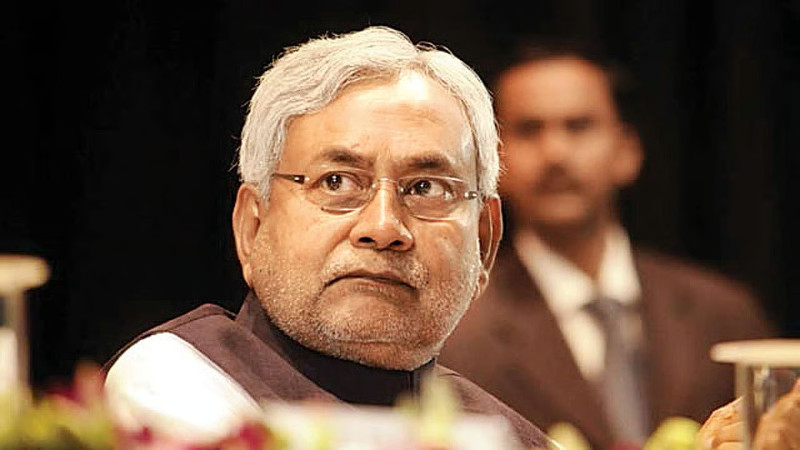
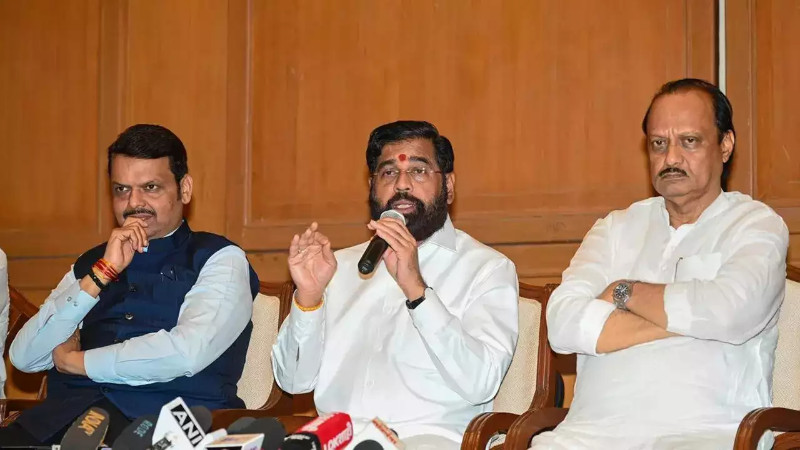

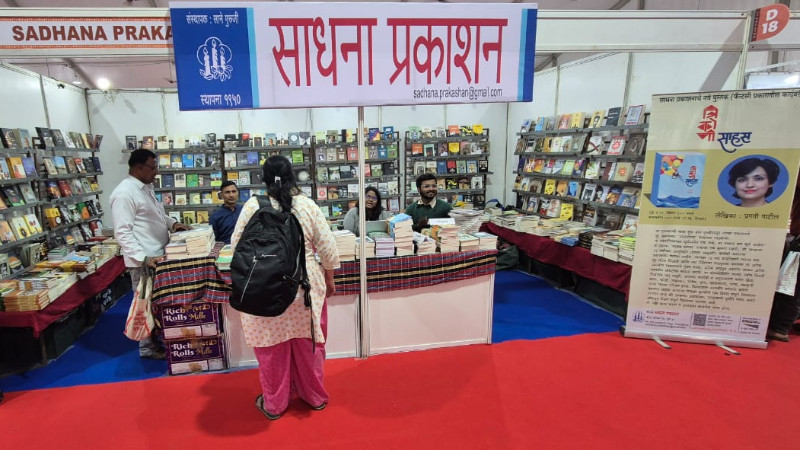
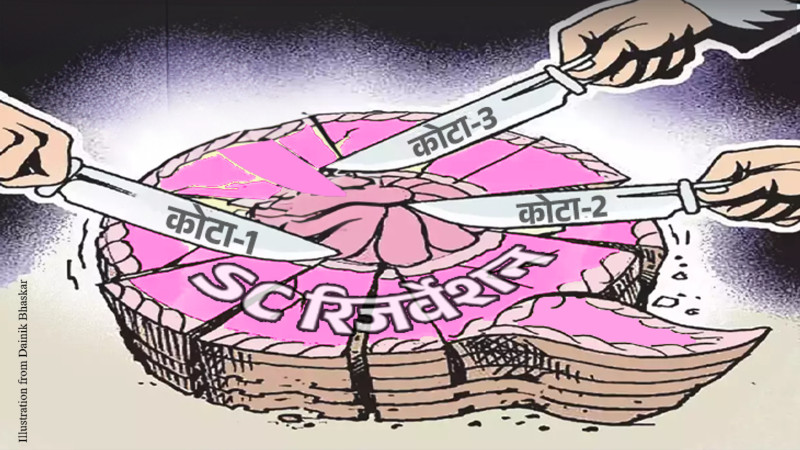
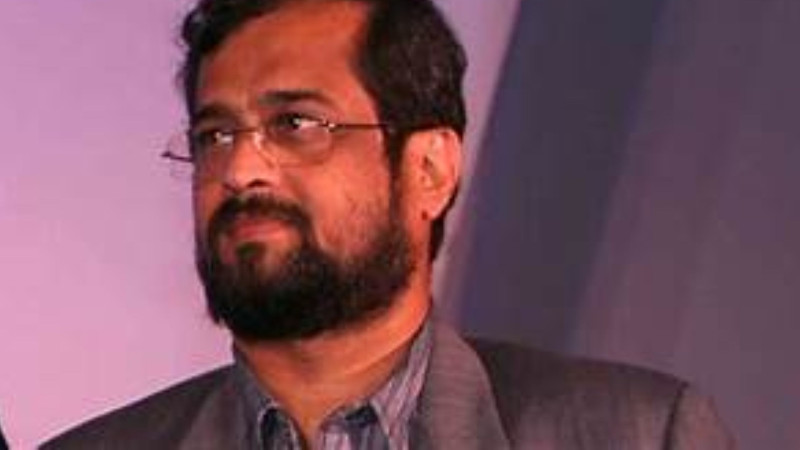

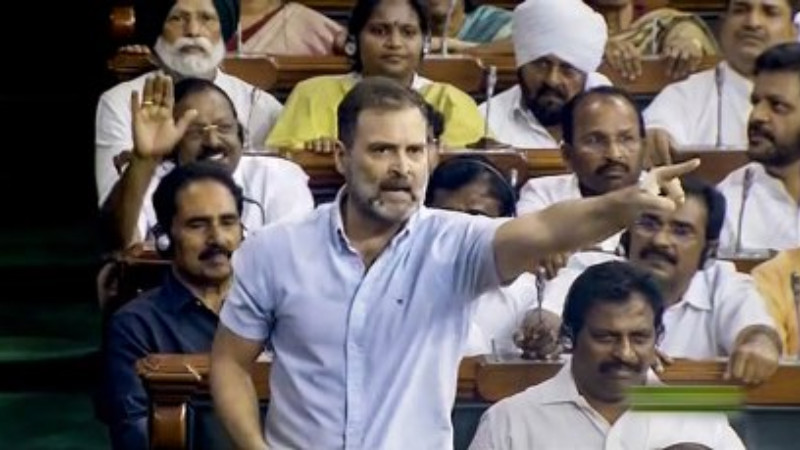
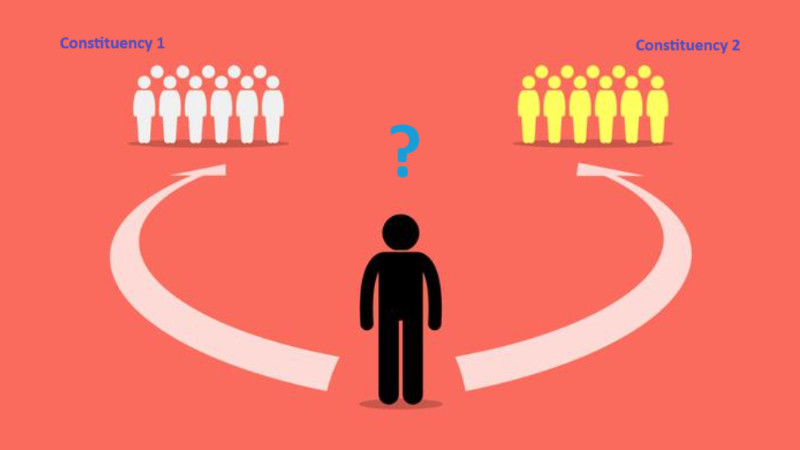
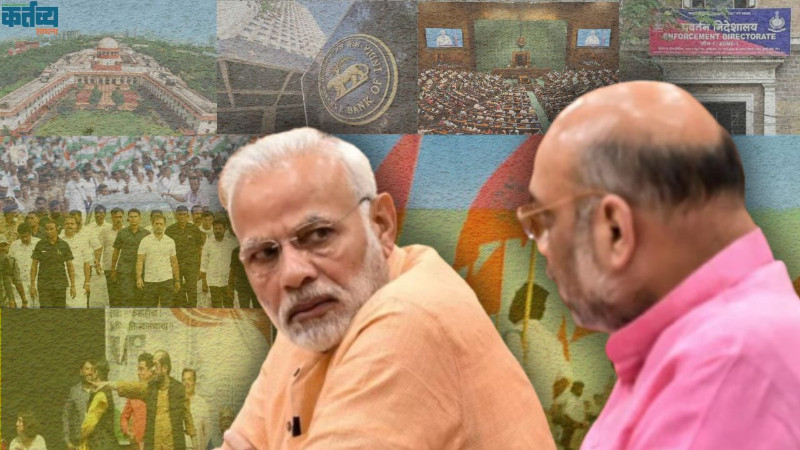
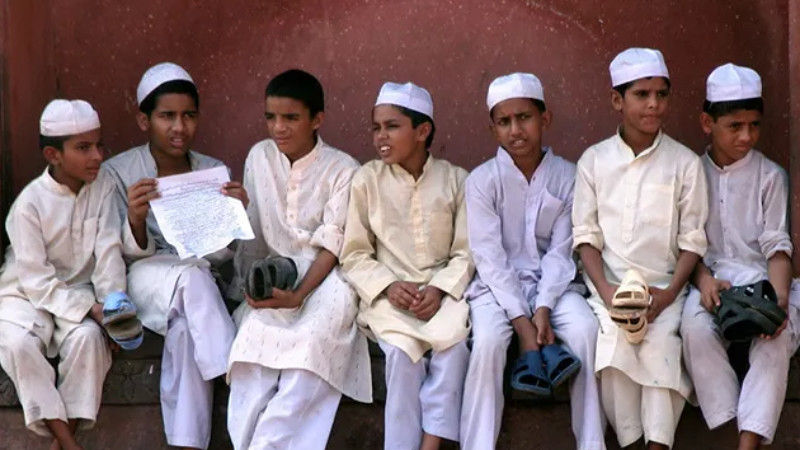
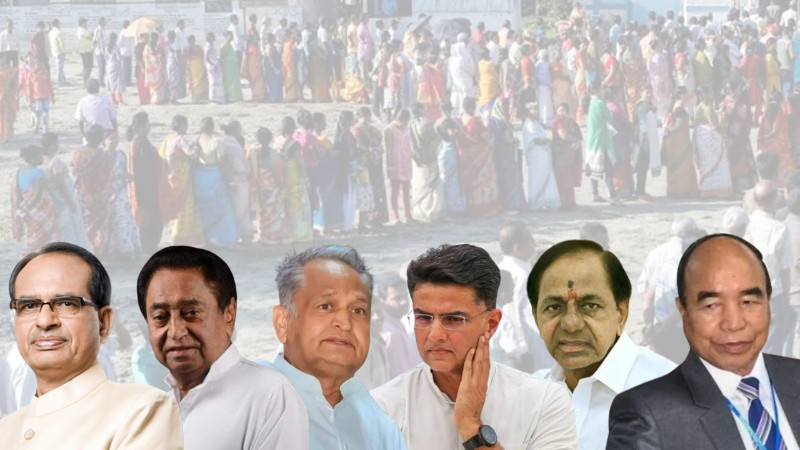
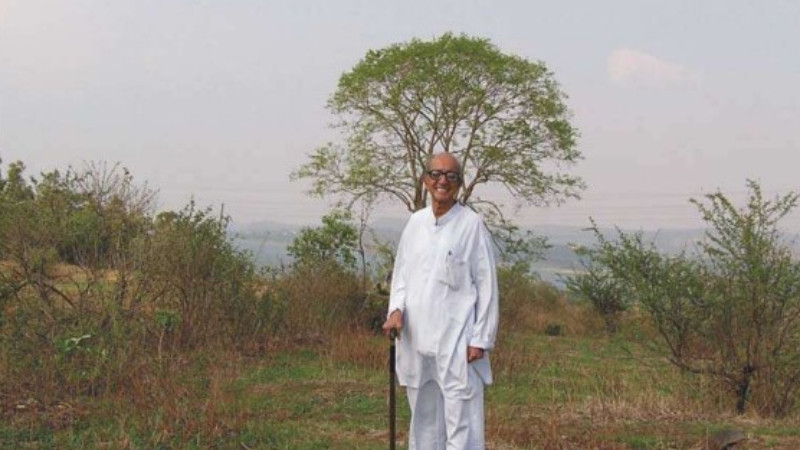
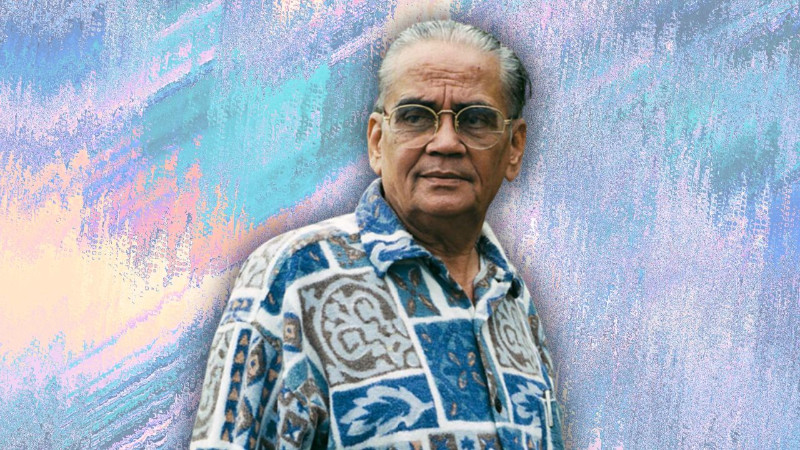
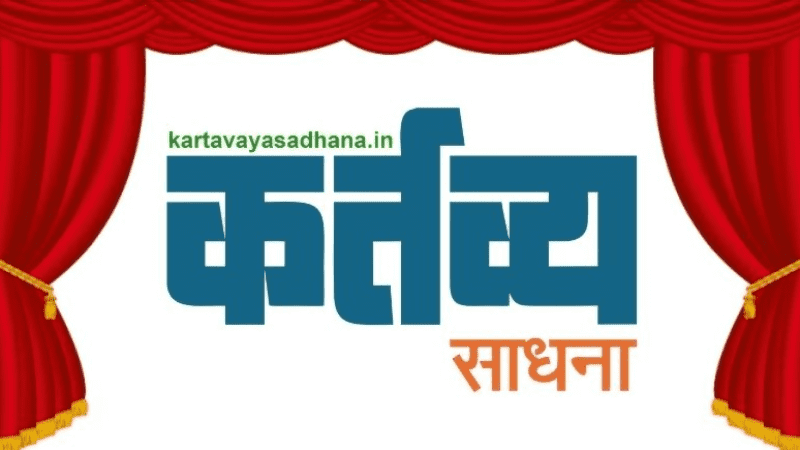
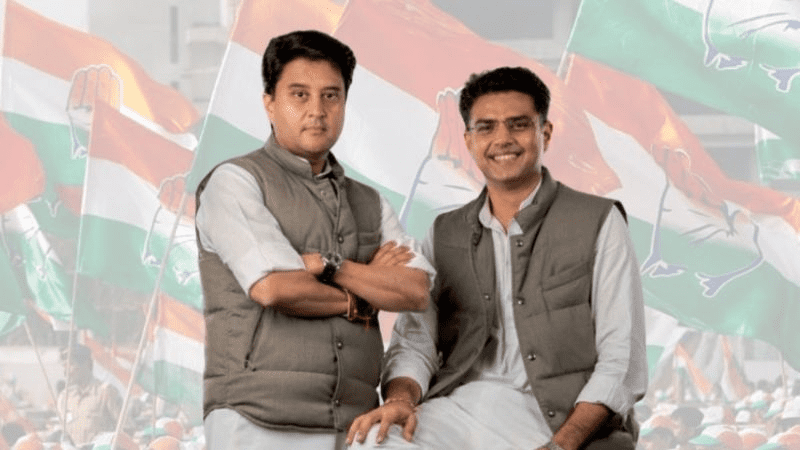
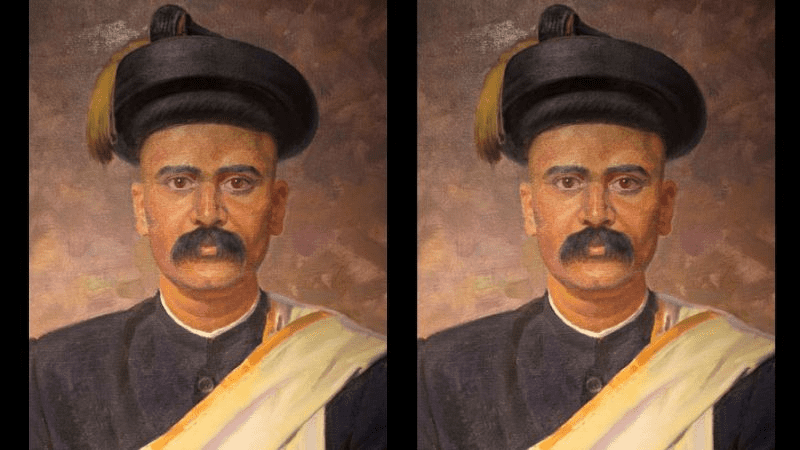
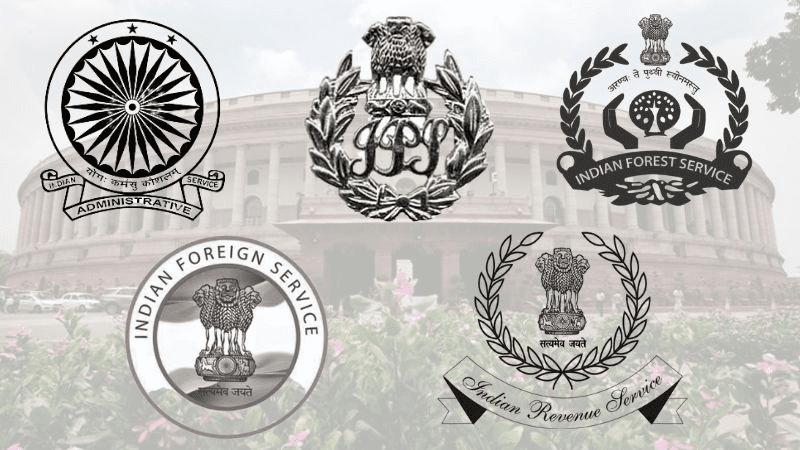
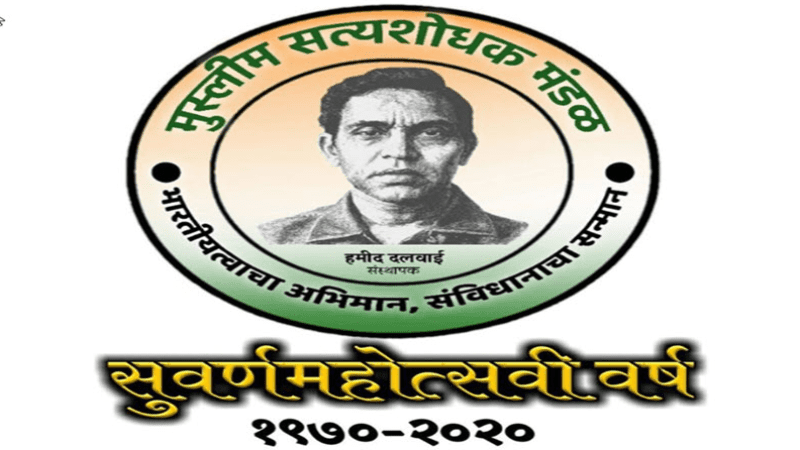



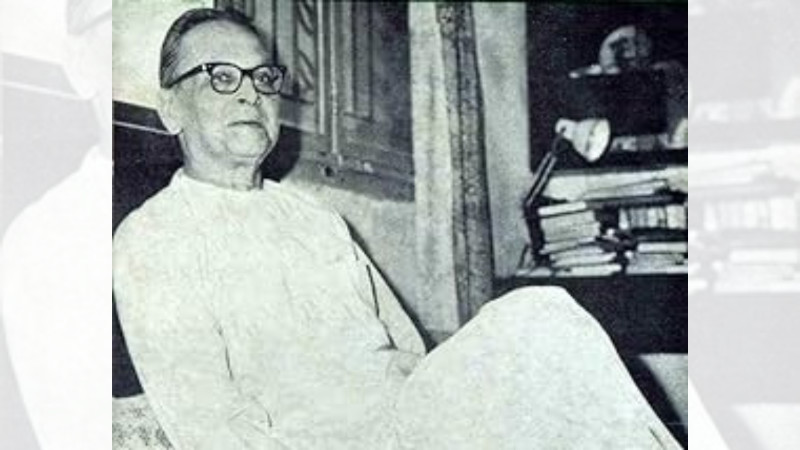
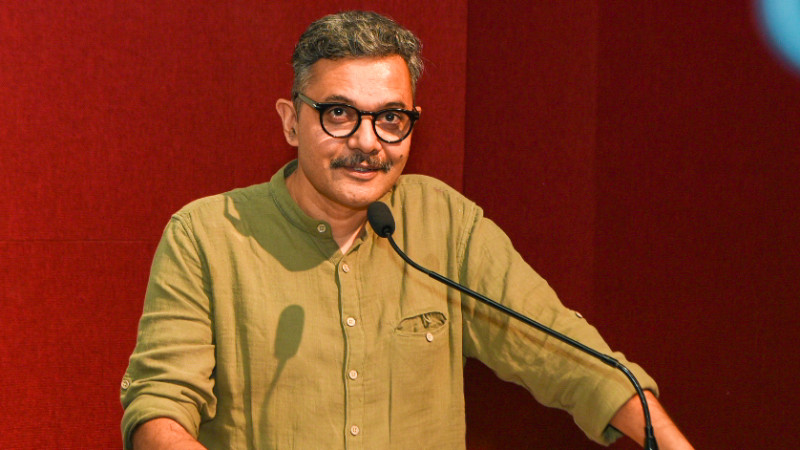
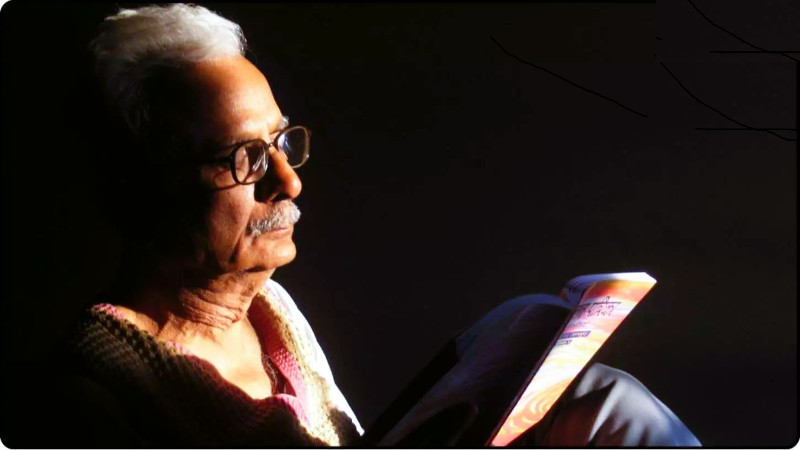
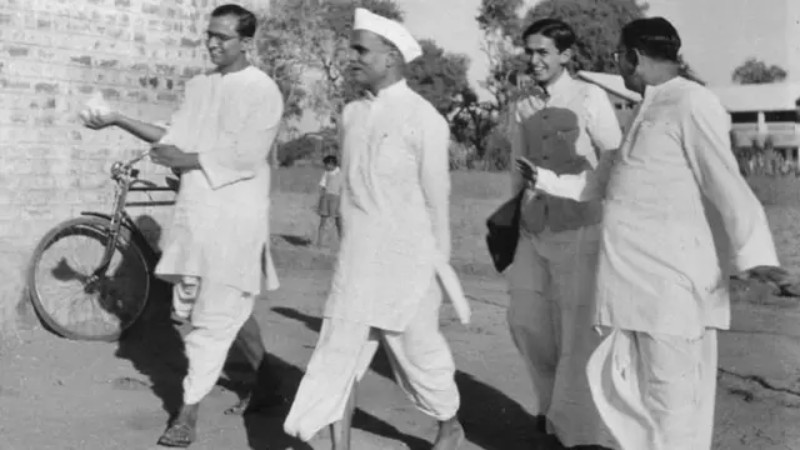
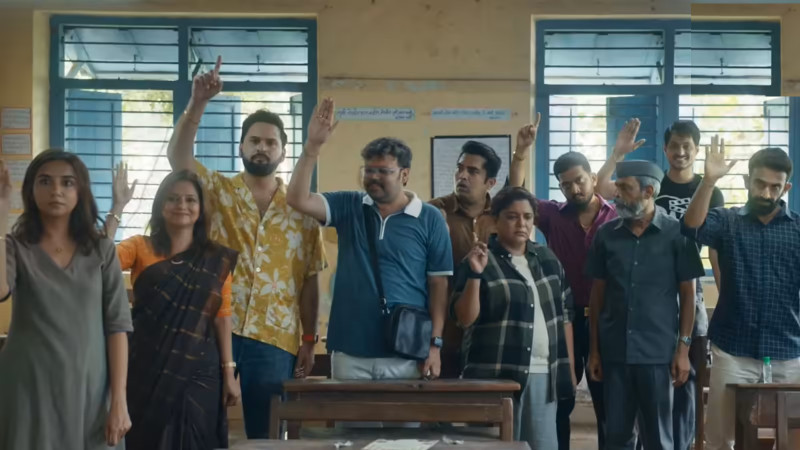
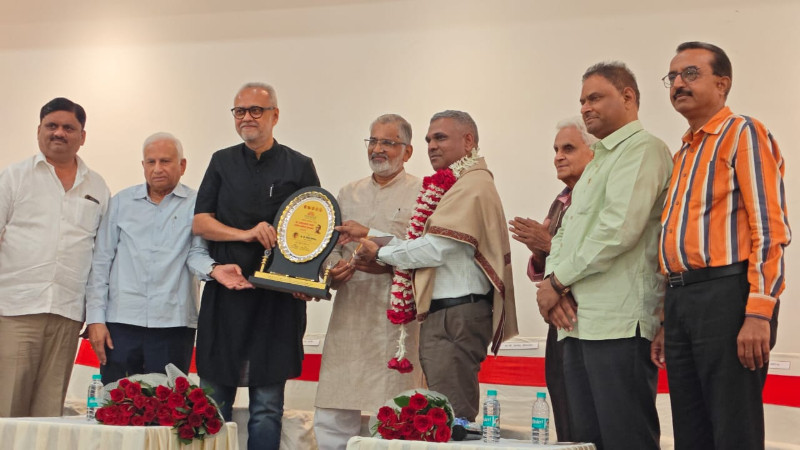
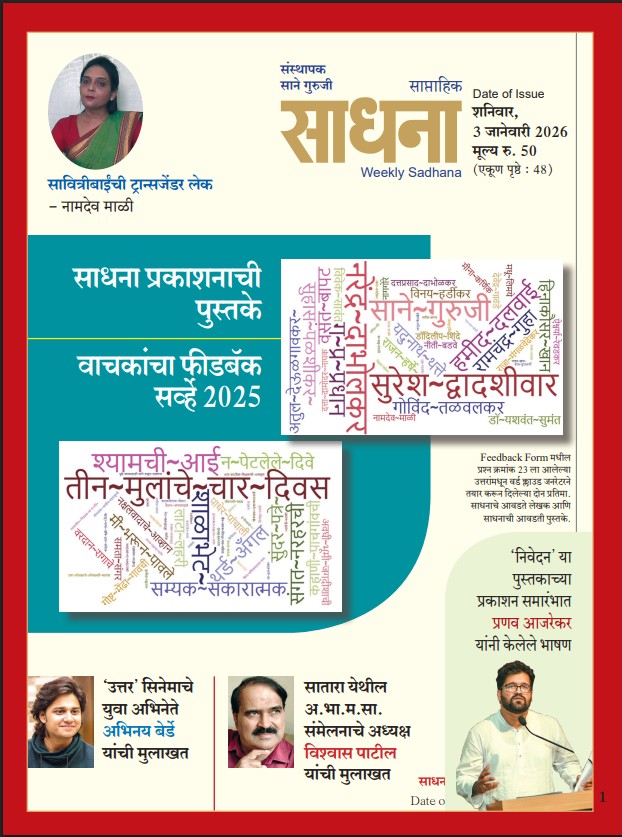













Add Comment